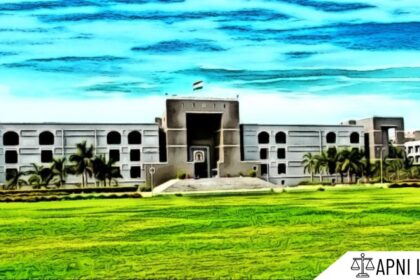The Supreme Court bench comprised Justices PS Narasimha and Aravind Kumar. They have declared that slum rehabilitation schemes should not be treated as real estate development projects. Highlighting their public purpose connected to the right to life of citizens living in deplorable conditions.
The case involved a developer appointed by a cooperative housing society of slum dwellers Mumbai, on August 20, 2003. The land in question had been declared a ‘slum area. This is under the Maharashtra Slum Areas (Improvement, Clearance and Redevelopment) Act, 1971. Despite the appointment, the project faced extensive delays spanning over two decades. Thus, leading to the termination of the agreement by the Apex Grievance Redressal Committee (AGRC) on August 4, 2021. This termination was subsequently upheld by the Bombay High Court, prompting the current appeal.
Arguments
The appellant argued that the delays should be viewed in phases: from 2003 to 2011, litigation with competing builders caused delays. From 2011 to 2014, obtaining environmental clearance took time and post-2014. Delays were due to non-cooperation from certain slum dwellers. The respondent countered. The appellant lacked the financial and technical capacity to complete the project and that the delays were unjustifiable.
The Supreme Court ruled that the Slum Rehabilitation Authority (SRA) and its Chief Executive Officer (CEO) are statutorily obligated to ensure timely completion of rehabilitation projects. The court cited Section 13(2) of the Maharashtra Slum Areas Act. This empowers the competent authority to re-determine agreements if redevelopment is not completed within the specified time. The court emphasised that this provision mandates the competent authority. They are to ensure timely project completion and held that a writ of mandamus. It could be issued if authorities fail to perform this duty.
Observation
Rejecting the appellant’s arguments, the court stated: “The delay of 8 years in resolving disputes with a competing builder cannot be justified. The appellant, as a developer, should manage the process of obtaining necessary clearances while other sanctions are pending. Non-cooperation from some members is not an acceptable excuse for delays from 2014 to 2019.”
The court referenced Susme Builders Pvt. Ltd. v. CEO, Slum Rehabilitation Authority & Ors (2018), which interpreted Section 13(2) as empowering the SRA to take action and reassign projects in case of delays. Additionally, the court cited Tulsiwadi Navnirman Co-op Housing Society Ltd. & Anr. v. State of Maharashtra & Ors. (2008), where the Bombay High Court emphasised that slum dwellers should not endure prolonged stays in transit accommodations without proper maintenance when eligible for rehabilitation.
Consequently, the Supreme Court dismissed the civil appeal and imposed a cost of Rs. 1,00,000, payable to the Supreme Court Mediation and Conciliation Project Committee.









